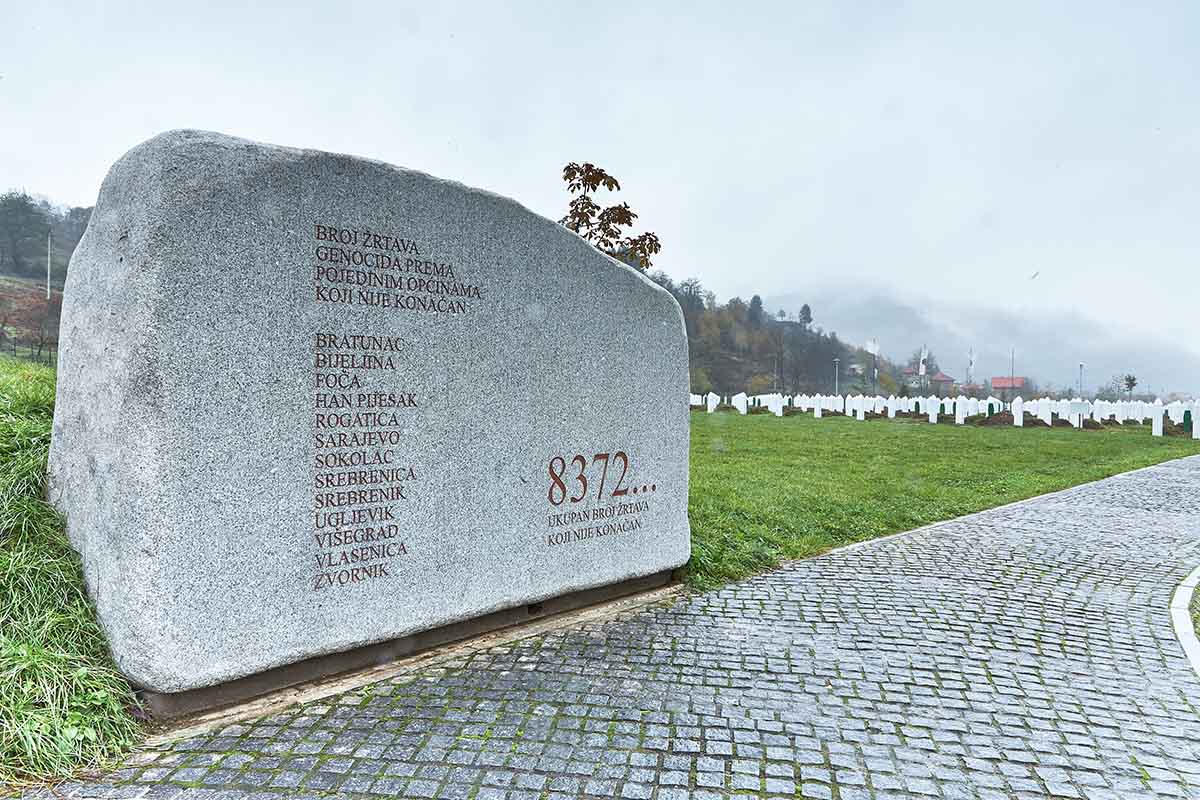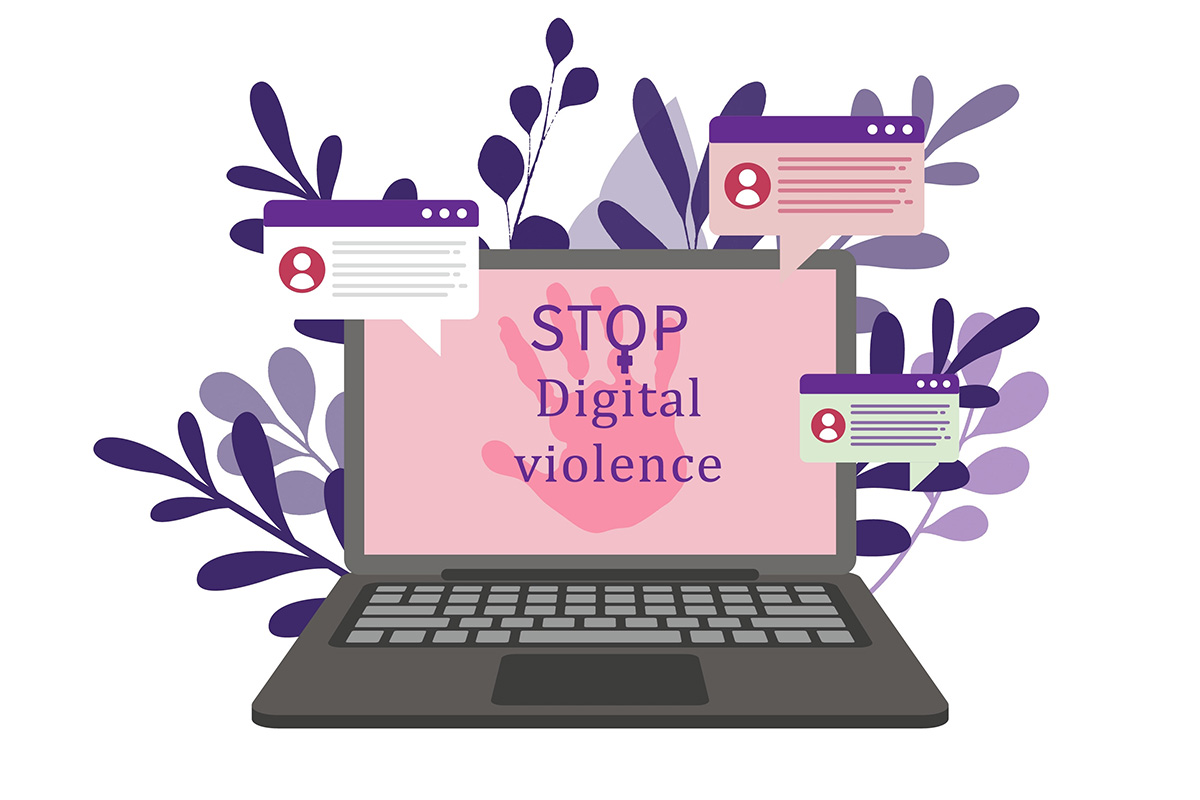Remembering Srebrenica, the unlearned lessons and the ongoing genocides
July 25by Lilian Efobi
At the resolution of every conflict or peace treaty, the word “Never Again” remains prominent and after a while, fades out as another war, genocide, or conflict roars again. It was only fifty years after the Holocaust, that another genocide was witnessed on the European soil.
Annually on the 11th of July, we commemorate the victims of the Bosnian Genocide. This solemn day pays tribute to over 8,372 Bosnian Muslims who were brutally murdered in Srebrenica, as well as the tens of thousands who lost their lives during the broader Bosnian Genocide in the 1990s.
“Many perpetrators have still not been held to account and there are those who would prefer to forget or deny the enormity of what took place. We must not allow that to happen. We owe it to the victims and to future generations to remember Srebrenica and to ensure it never happens again.”
Former UK Prime Minister, Borris Johnson
The name “Srebrenica” is forever linked to those dark days when thousands of men and boys were systematically killed and buried in mass graves. As we reflect, we must learn from history and work tirelessly to prevent such atrocities from happening again.
The Srebrenica genocide also known as the Bosnian War of 1992–1995, had several underlying causes. After the death of Yugoslav leader Josip Broz Tito in 1980, growing nationalism among the different Yugoslav republics threatened to split their union apart. The rise of Serbian leader Slobodan Milosevic intensified ethnic tensions between Serbians, Bosnia’s (Bosnian Muslims), Croats, and Albanians.
Forward to the early 1990s, Yugoslavia disintegrated, leading to the independence declarations of Slovenia, Croatia, and Macedonia. Bosnia-Herzegovina also declared its independence, but this move was met with resistance from Bosnian Serbs who sought to be part of a dominant Serbian state in the Balkans. The Bosnian Serbs were aiming for political domination and one of the ways to achieve this was the isolation of ethnic groups and possible extermination, which manifested into the genocide.
May 1992, Bosnian Serb forces backed by the Serb-dominated Yugoslav army, launched an offensive against Bosnia towns and civilians as a form of ethnic cleansing, which resulted in crimes such as rape, murder, violence, torture, and displacement. Over 100, 000 lives were lost.
The current UK prime Minister, Keir Stammer once said, “Let’s use Srebrenica Memorial Day and the memory of Srebrenica to not only remember those we have lost but to educate our future generations, bring our communities together and renew our efforts to tackle hatred and prejudice wherever they lie.”
After the Srebrenica genocide, we still have genocides happening today, manifesting in different forms and the world has not been able to get a grip of it. How then can we prevent future genocide?
In combatting future genocides, there should be the respect for the rule of law and protection of human rights without discrimination. Legitimate institutions that will prevent violence and address grievances should be established and corrupt cases should be duly punished by law. Cultural, religious, and ethnic diversity should be managed constructively among the diverse communities or citizens. International Institutions can contribute towards genocide prevention through early warning mechanism, prompt diplomatic responses and measures.
Another avenue for intervention by the international community is through the use of the Responsibility 2 Protect, also known as R2P. The R2P is a global commitment endorsed by the United Nations General Assembly at the 2005 World Summit. Its purpose is to address four critical concerns: preventing genocide, war crimes, ethnic cleansing, and crimes against humanity. This principle recognizes that while states have the primary responsibility to protect their populations, the broader international community also has a role to play when a state is unwilling or unable to fulfil this duty.
R2P was used in Libya 2011, by the North Atlantic Treaty Organization to protect civilians from Muhammar Gaddafi’s regime. It was also used in Cote d’Ivoire in 2011 to protect civilians during the post-election crisis, Mali (2013), South Sudan(2013), Syria(2011-present), Yemen(2015 – present), Myanmar(2017), Venezuela (2019). It has also been used in non-military interventions such as humanitarian assistance and aid delivery, diplomatic efforts and mediations, economic sanctions and humans rights monitoring and reporting.
However, there are challenges that come with the implementation of the R2P, and these are: the UN Security Council veto power, which limits the full support of the R2P due to inability of the five permanent members to reach a consensus. The political interests and power dynamics of concerned nations limit the effective implementation of the R2P, instead of human rights protection. The inconsistent implementation of the R2P in certain cases has raised questions on its effectiveness. For example, in Syria, its implementation was questioned due to the atrocities which unfolded and thereby questioned the United Nations Security Council commitment to ending crimes in troubled regions.
Today, the world continues to witness unimaginable sufferings, yet the international response in terms of rage has not met expectations. The parallels between Srebrenica and ongoing genocides are chilling. The dehumanization of minorities, the use of propaganda and disinformation, the systematic destruction of cultural heritage, all these tactics are familiar. The perpetrators may change, but the playbook remains the same.
We have failed to heed the lessons of Srebrenica by ignoring the root causes of genocide, allowing toxic ideologies to breed hate and violence, and failing to hold perpetrators accountable. As we remember Srebrenica, it’s crucial to acknowledge our collective failure and recognize that genocide remains a present-day reality. It’s time to take decisive action to prevent further atrocities. The era of just lamenting is behind us. The time for action is now! By acknowledging the pain of the past and learning from it, we can unite to say NO to current and future genocides.






